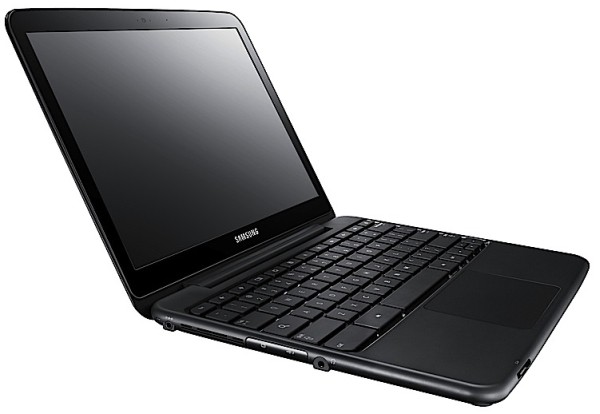Chromebooks are dead, they just don't know it yet


When Google first announced the Chromebook, there were two basic reactions. For many people, the reaction was, "Why would I need this?" After all, they already have the Chrome browser on their laptop and desktop computers. Their tablets already have built-in browsers and their own application ecosystem. Sure, the Chromebooks are small and light with great battery life, but you can buy a netbook with a fully-featured OS for the same price.
On the other hand, you also have early tech adopters like me who can't wait to get their hands on the latest gadget. Chromebooks are new and different; the browser IS the operating system, and applications are available as browser plugins. But when all is said and done, why would I want to switch to a Chromebook when my MacBook Air runs OSX and Windows and is at least a pound lighter?
There is the matter of complexity, of course. There are a lot of people who simply do not need a full-blown computer in their lives. Many people are quite satisfied to surf the web, send email, use Facebook. They don't need Microsoft Office, they don't play World of Warcraft. For them, a Chromebook would be perfect.
Also See:
The problem is that if I already have a notebook that I like with the Chrome browser installed, and an Android tablet, why would I want another device taking up space? Obviously I wouldn't. And there's something else brewing that may make the Chromebook itself obsolete.
Apparently the WebKit folks are working to consolidate the source code for WebKit and Chromium. The end result of this would be that the browser on Android tablets will eventually be replaced by a Chrome browser.
Currently the Android browser on Android 3.x tablets are capable of synching bookmarks between your tablet and laptop/desktop Chrome browsers. But this consolidation would enable you to sync everything, including themes, passwords, and extensions. Yes, Chrome plug-ins would be available as well.
It's important to note that if we had the Chrome browser on an Android tablet, why would we want a Chromebook? For the price of a Chromebook you could pick up an Android tablet with a keyboard that connects via dock or bluetooth. You would have the same functionality, plus the added capabilities of Android.
Since it's a tablet, you get the convenience of that as well. Many people who would need a Chromebook to perform their daily internet tasks have found that they can get along just as well with a tablet.
It makes sense from an economical standpoint; there's simply no need to have extra devices with redundant functionality. Admittedly, the Chromebook has a larger screen than a standard 10" tablet. I think, however, that the convenience, portability and modular capability of a tablet running the Chrome browser outweighs the drawbacks. Then again, there's always the possibility of running Chromium OS on a tablet.